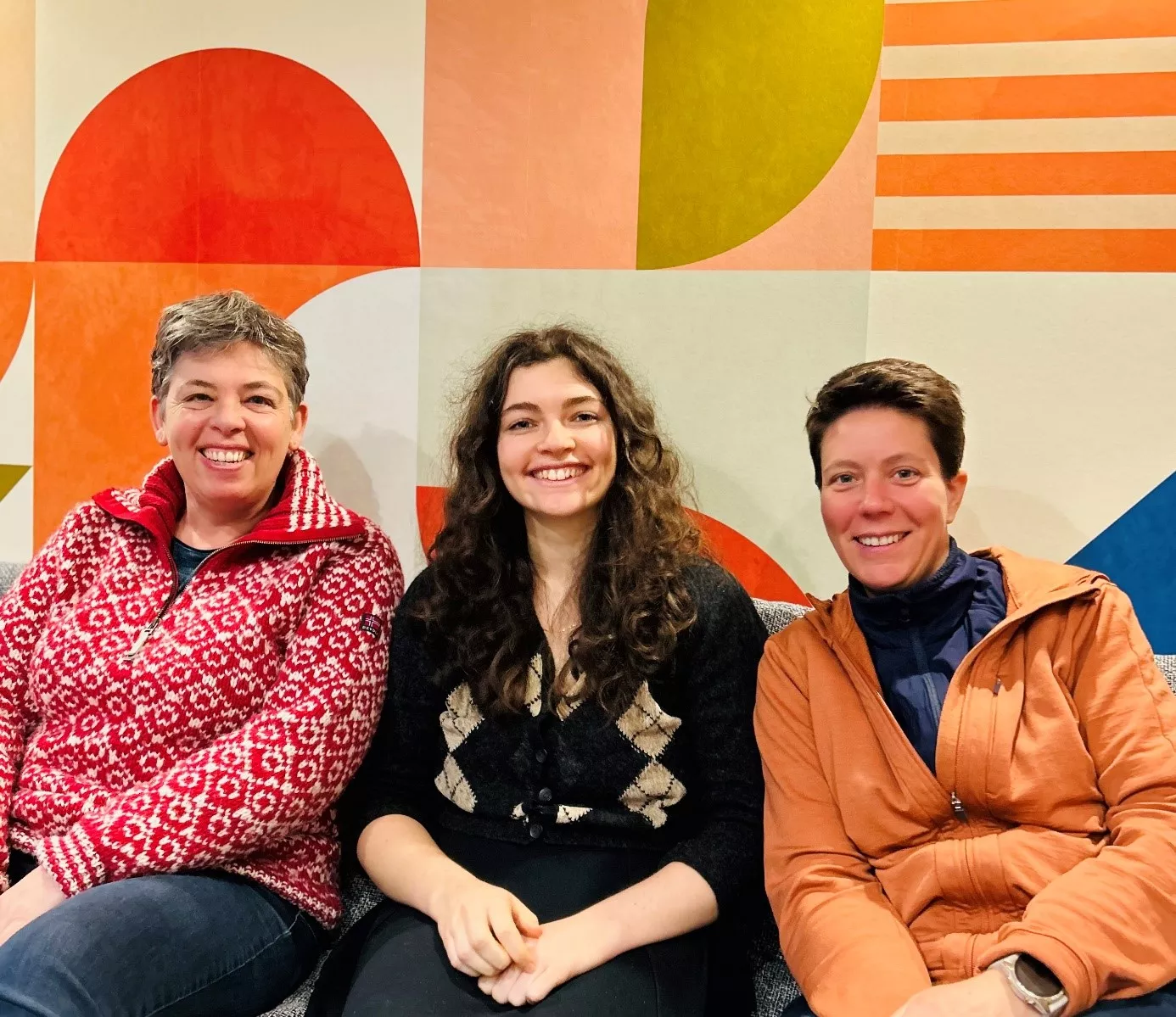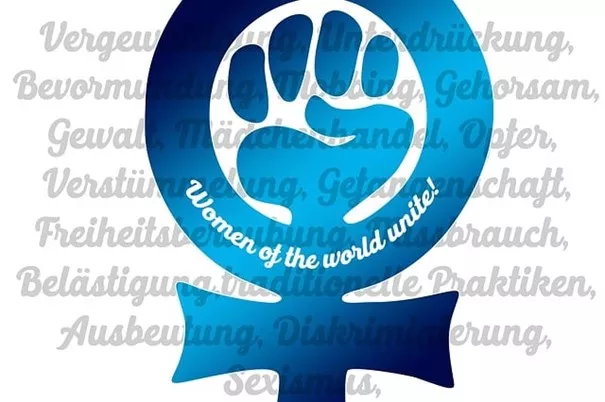Sailing towards equality: women and men on the waves of the Merchant Navy
Article in 2 parts: part 2/2
Following on from our meeting with Anne, Agathe and Coline, we continue our discussions on the subject of education.
What role does education play in improving gender equality? How can women be better represented in the maritime sector?
Agathe and Anne are unanimous. We mustn't see things as being either a boys' or a girls' story. Starting with teachers, where the over-representation of women means that certain visions of the world are still too gendered. They feel that school still does too little to break out of its shackles. Teachers who have not left their own field do not have the vision of what is expected of women in diverse environments.
To corroborate this, and according to the work of researcher Pascal Huguet, "the result is that gender stereotypes in career choices are more important today than they were twenty years ago".
Agathe insists that it all starts at home. "Get the girls to hold a hammer! Or, as in the Nordic countries, teach boys to knit!
Equality lies in the meaning we give to the action.
Coline, through her training activities with secondary school pupils (2,200 pupils informed in her geographical area in 2023), reminds us of the 2001[1] law, which requires 3 sessions per year on relationships, emotions and sex, from CP to Terminale. "We're a long way from that! Her experience shows that learning about relationships is very important. It also makes it possible to screen for sexual violence and provide support for emerging adults. It contributes to lifelong education on the subject, with tools adapted to all ages. Coline points out that "this is still a very taboo subject. Schools have burnt down in Belgium because of it". In Belgium, where love life education has been compulsory since July 2012[2], this programme aims to promote "respect for others" and "equality", as well as "preventing violence in relationships", "deconstructing sexist and homophobic stereotypes", "preventing unplanned pregnancies" and, finally, "reducing sexually transmitted infections". It's a public health tool for schools, just like the one described by Coline, and which she implements through her actions. She points out, however, that "eight schools were set on fire or vandalised in Wallonia at the beginning of September 2023 on the basis of a misrepresentation of the meaning of this public action, by refusing to understand the necessary educational nature of these courses".
For learning aimed at the very young, Coline recommends a special series: "Le cœur sur la table (by Victoire Tuaillon), podcast C'est quoi l'amour, maîtresse? by Lolita Rivé, journalist (editor, director) turned school teacher in 2019[3]"
Link: https://www.oveo.org/podcast-cest-quoi-lamour-maitresse
What's more, far more than just an anecdote, Agathe, Coline and Anne have noticed that, whether in a work setting or a training context, and particularly in a secondary school class for example, boys spontaneously speak up and girls don't dare.
Coline believes deeply in education. Agathe encourages girls to do what they want. Anne dreams of the day when people won't be shocked that she's a chief mechanic on a boat!

Agathe, Coline, Anne. Photo credit : Roseline Le Squère
3 views on women's place in society
Agathe persists: women always take second place in our society. Anne continues: women have the place they can make for themselves.
They both agree that we must not lower our guard.
Anne refers to an example from her professional environment: "We don't have the right to make mistakes, especially in mechanics. We're not equal to men. If we make a technical mistake, we pay dearly for it. Men don't".
Agathe sees in her environment that "women always have to prove themselves. We always have to fight. It's tiring. There's no solidarity between women". She cites a number of good initiatives, including WISTA France, which is part of the largest women's professional network in the maritime world (4,300 members in 59 countries). More broadly, WISTA International has been an observer member of the International Maritime Organisation (IMO) since 2018, and a partner since 2020 to promote gender diversity and inclusion. These two issues are important factors for the sustainable development of the maritime sector. Agathe believes, however, that while initiatives do exist, awareness and the level of action are still a long way from the reality experienced by women in this sector.
Coline, for her part, believes that there is a greater sense of sisterhood in the voluntary sector, particularly in those areas that deal with and support violence against women. "That's what keeps us going in this type of environment".

Balancing a professional career and women's commitment to work
Coline talks about it a lot with her colleagues. She can't leave out inequalities, as they are part of her daily field of observation. "I'm sometimes pessimistic about what's to come. But I'm aware that I'm simply affected by the environment in which I work today". The Maison des Femmes in Saint-Denis cares for more than 4,700 women a year. "When I hear that 10,000 places are to be cut because of the Olympic Games, it's difficult, because I can see the consequences immediately". Protecting women specifically is a fight that, for the moment, has no end in sight. It's vital to continue and to preserve shelters for women.
Agathe points out that "the situation for women is always the same: when you leave, you're forgotten, on maternity leave, at sea, and so on. When you come back, you've sometimes lost your office".
Since 1 January 2016, the ENIM (seafarers' social security), as part of maternity leave, has been paying a special daily allowance based on the flat-rate wage, supplemented by an allowance paid by the employer (the total being equal to at least 90% of the flat-rate wage), for female staff not reclassified ashore[4] . This is a recent measure, which shows that women have not always been taken into account.
Towards Equality: Initiatives and Future Prospects
As a result, initiatives to encourage the participation of women in the Merchant Navy are multiplying, with mentoring programmes, gender quotas, and inclusive recruitment policies. These efforts aim to create an environment where seafarers, regardless of gender, can prosper and contribute equally to the maritime industry.
For the future, the key lies in continued collaboration between the maritime industry, educational institutions and governments to promote education, equal opportunities and lasting cultural change.
This is what we call constructive diversity.
This article was written by Roseline Le Squère, EPALE France thematic expert coordinator. I would like to sincerely thank Agathe Vigot, Coline Vigot and Anne Chiffard for their testimonials. The photo is the property of Roseline Le Squère and has been used with the permission of the persons photographed.
[1] Creation Loi n°2001-588 du 4 juillet 2001 - art. 22 () JORF 7 juillet 2001, Version en vigueur du 07 juillet 2001 au 11 août 2004 :
Information and education on sexuality are provided in schools, collèges and lycées at the rate of at least three sessions a year and by homogeneous age groups. These sessions may involve staff contributing to the school health mission and staff from the establishments mentioned in the first paragraph of article L. 2212-4 of the Public Health Code, as well as other external contributors in accordance with article 9 of decree no. 85-924 of 30 August 1985 relating to local public education establishments. Students trained by a body approved by the Ministry of Health may also be involved.
[2] <https://www.lemonde.fr/les-decodeurs/article/2023/09/18/deferlante-de-d…; (article consulted online on 26 February 2024)
[3] Over the course of the 5 episodes of the podcast (October-November 2023), Lolita Rivé conducts an investigation with her CE1 pupils and with them during the education sessions on relationships, emotional and sexual life that she has set up in her class and recorded.
[4] Cf. Publication of a Resource on EPALE, as part of a series of publications for 8 March 2024: International Women's Rights Day: Note de Synthèse ISEMAR N°201 - June 2018 - The place of women in the French maritime world. Document in French.


